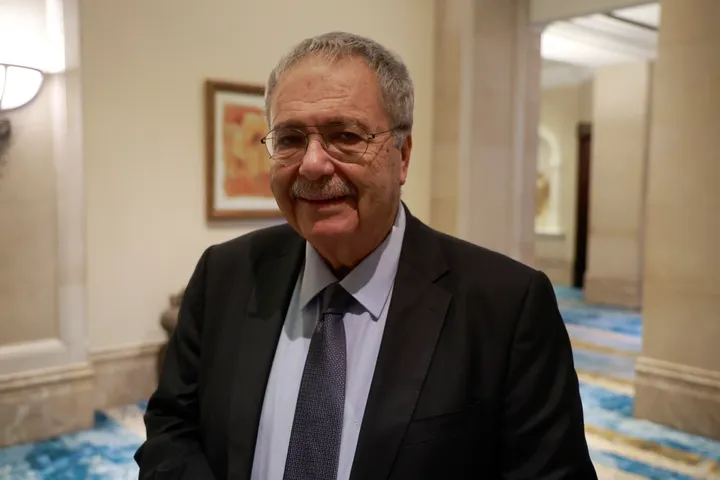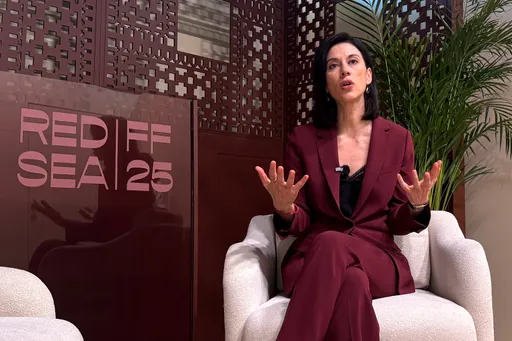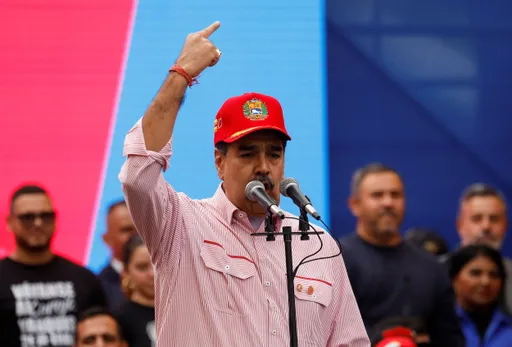As of 12 am on Saturday, new regulations put in place by Ecuadorian President Lenin Moreno prohibit Venezuelans from entering Ecuador without a valid passport.
Previously, they could enter with no other document than their national ID cards. More than a million Venezuelan migrants have entered Colombia over the last 15 months, according to official estimates, but Ecuador has also received many refugees until now.
About 300 Venezuelans were lined up at the border crossing early on Saturday.
"I understand why Ecuador's doing this, it's for security, but we have to understand this is a particular phenomenon, given Venezuela isn't issuing IDs to people leaving the country,” Jorge Enrique Quiñónez, deputy representative of UNICEF Ecuador, told Reuters.
Peru's government announced immigration measures similar to Ecuador's on Friday, with passport requirements for Venezuelans beginning on August 25.
TRT World'sDenee Savoia reports.
Situation of migrants
The 50-year-old mechanic Gabriel Malavolta who fled Venezuela has a passport, but his fiancee Yenny only has an ID card. They arrived at the Rumichaca border crossing outside Ipiales just six hours after the new regulation took effect.
"I don't know what we're going to do, but we can't go back. I'm not sending my fiancee to go back and go hungry," he said as he sat in a Red Cross tent in Ipiales.
"You've no idea what it's like, whole families eat from the trash," he said of the desperate situation back home.
TRT World's Juan Carlos Lamos reports from Caracas.
In Ipiales, Venezuelan migrants who said they had hitchhiked for days were huddled under blankets in tents when a team of Reuters arrived there late on Friday. Exhausted and hungry from their travels, some had scraped a few pesos together to buy food.
Over the last two years, especially, many Venezuelans have struggled to obtain passports amid the OPEC nation's political and economic chaos.
Waiting in line for her passport to be stamped, 43-year-old Berta Casteñada, a Venezuelan math teacher, said she knew people who had been waiting for the prized documents for years. "It takes forever," she said.
"Sleeping on the streets"
Sitting on the floor outside a public toilet with her head in her hands, Adrianil Blanco sobbed.
She said she had spent two weeks hitchhiking and walking to reach the Rumichaca crossing.
Her tattered canvas shoes were a testament to hardship.
Blanco had arrived at the border at 11 pm, with an hour to spare. She said she had no passport and her national ID card, a piece of laminated paper, was damaged so Ecuadorian border officials would not accept it.
"They don't understand what it was like getting here. We got wet, we were sleeping on the streets," she said.
"Helping hand" to Venezuelans
Christian Kruger, head of Colombia's migration authority, said on Friday Colombia has been bending the rules on migration issues to give a "helping hand" to Venezuelans.
"We're taking about 3,000 people a day. If they start to accumulate we'll see a large population around this area."
He did not elaborate, but a buildup of refugees in and around Ipiales now seems unavoidable.
This year alone, 423,000 Venezuelans have entered Ecuador through the Rumichaca border.
Attack on migrants
Brazil will send troops to its border with Venezuela on Monday after residents of the Brazilian border town of Pacaraima drove out Venezuelan immigrants from their improvised camps, amid growing regional tensions.
Residents of Pacaraima attacked Venezuelan immigrants on Saturday after a local storeowner was robbed, stabbed and beaten in an assault blamed on four migrants, authorities said.
Police said the storeowner, who was beaten and robbed on Friday night, has been hospitalised and is in stable condition.
The Roraima state government estimates that more than 50,000 Venezuelan refugees have crossed the border, occupying already existing shelters or sleeping in tents, plazas and streets. The influx was nearly equal to 10 percent of the state's population of 520,000 inhabitants.
Police said that to escape the violence, hundreds of immigrants crossed the border back into Venezuela. On a video posted by the G1 news portal a man's voice is heard shouting "Get out. Get out. Go back to Venezuela."
Pacaraima, in the northern jungle state of Roraima, is a major border crossing with Venezuela, where economic and political turmoil has driven tens of thousands to cross into Brazil over the past few years.
Venezuela's government expressed concern about reports of attacks on its citizens and a "massive eviction" of Venezuelans, and asked Brazil to guarantee their safety. A foreign ministry statement said the violence was fuelled by xenophobia.
























